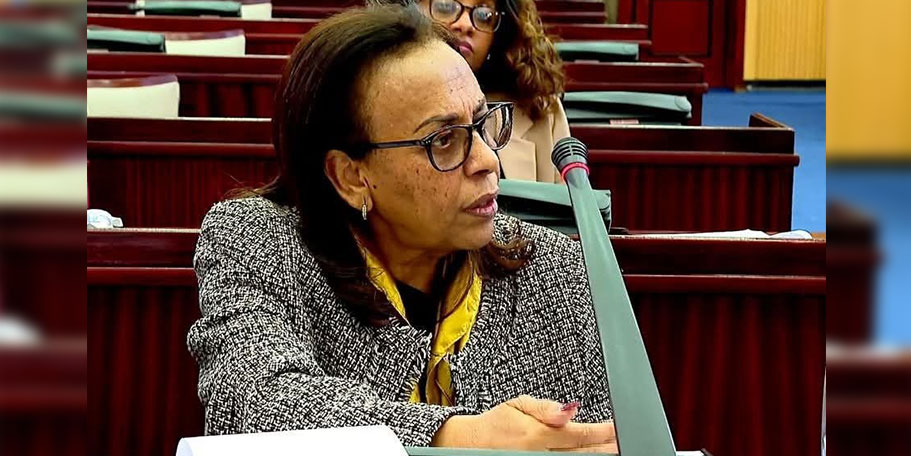
Opposition politicians and parties warming up for the upcoming seventh general election have requested that a provision granting the leaders of political parties protection against harassment and arrest be included in an amendment to the country’s electoral law.
Parliament is currently reviewing a draft proclamation that seeks to introduce sweeping changes to the Electoral, Political Parties registration, and Elections Code of Conduct Proclamation, including alterations to the scope of the law, the terms of party registration, the redefinition of constituencies, electorates, and election procedures, and new mechanisms for post-election appeals and compliance.
Opposition political parties who participated in a parliamentary forum to discuss the amendments this week criticized the draft for failing to reflect the current political realities of the country.
One major concern raised was the requirement for a national party to secure 60 percent of support signatures from six regions in addition to its main region of operation.
Parties argued that such a requirement is unrealistic in the current environment, where free movement across regions is often restricted due to conflicts in many parts of the country.
– Advertisement –
Another issue raised was the requirement for parties to have at least 30 percent of their total membership actively contributing in order to qualify for government budget support.
Political parties also criticized the draft for granting polling station administrators decision-making powers following complaints, and for requiring candidates to present a national ID during registration.
The parties also cited reported cases of the administration violating existing laws and subjecting opposition leaders to arrest and harassment, demanding that the revised election law explicitly include provisions to protect party leaders from such actions.
The current electoral law stipulates that a candidate must receive 50 percent plus one of the votes (first-pass-the-post) to win. Parties have requested a revision of this clause to address scenarios where the majority of voters cast ballots but no candidate meets the 50 percent plus one threshold.
Chairperson of the National Election Board of Ethiopia (NEBE), Melatwork Hailu, responded to the concerns raised by political parties.
She stated that the Board had previously consulted political parties regarding the draft and was instructed to prioritize the most urgent issues in preparation for the seventh national election scheduled for May 2026.
In response to concerns expressed over the collection of signatures, where parties are required to gather 10,000 for national status (parties to vie nationwide) and 4,000 for regional status (parties to vie for seats with their respective regional state councils), she said: “The signatures are for different purposes. Support gathered to establish a party cannot be reused for nominating candidates. These are separate requirements.”
The Chairwoman also said it is not unreasonable to expect parties to demonstrate that 30 percent of their members have voluntarily contributed. Melatwork noted that reported figures on party membership, particularly female and disabled members, are often exaggerated and difficult to verify.
She dismissed concerns about the power granted to polling station administrators.
“The administrative authority of polling station heads is clearly defined. These powers existed before but were not implemented during the sixth national election. We are now enforcing what was already in the law. If there are complaints about decisions, the appeal procedures are clearly outlined,” said Melatwork.
She clarified that the draft proclamation does not mandate electronic voting. However, the Chairwoman argues that requiring candidates to have a national ID upon registration will help resolve past issues of candidates being excluded from the process and ensure smoother registration.
In response to criticism about the need for party support across seven regions, she argued, “How can a party be called a national party without support in at least seven regions? The previous law was repealed due to the creation of additional regions through referendums.”
.
.
.
#Political #Parties #Demand #Protection #Arrests #Harassment #Election #Nears
Source link











